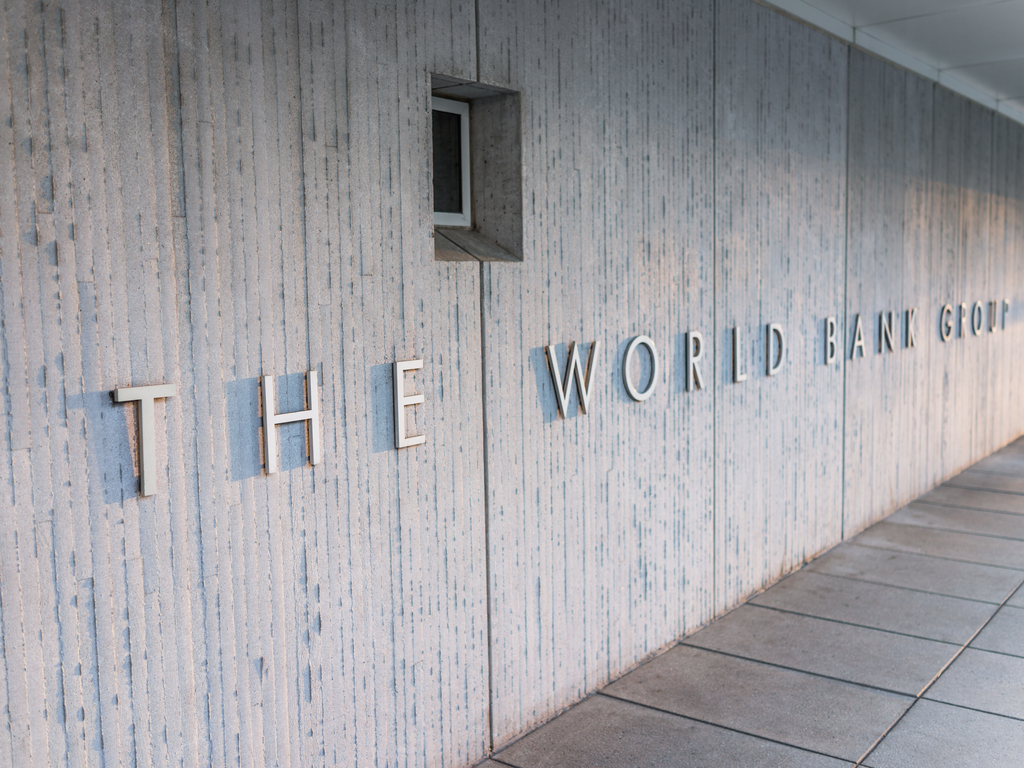Doing business is easiest in Almaty, Aktau and Aktobe among the 16 locations in Kazakhstan rated by the second World Bank’s Subnational Doing Business in Kazakhstan 2019 report, released June 17.
The report studied business regulations in four areas – starting a business, dealing with construction permits, getting electricity and registering property – in Akmola (Kokshetau), Aktobe, Atyrau, Almaty (Taldykorgan), East Kazakhstan (Ust-Kamenogorsk), Karaganda, Kostanai, Kyzylorda, Mangistau (Aktau), North Kazakhstan (Petropavlovsk), Pavlodar, West Kazakhstan (Uralsk), Zhambyl (Taraz) regions as well as the three cities of national significance – Almaty, Nur-Sultan and Shymkent.
Vice Minister of National Economy Arman Dzhumabekov said Kazakhstan is adopting unprecedented systemic reforms aimed at improving the business climate and reducing administrative barriers and business costs.
“Since 2014, seven legislative amendments were introduced to the Business Code. As a result, Kazakhstan is among the top 30 countries in the World Bank’s Doing Business ranking and ranks 28th among 190 countries in the world. This is a good achievement. But we need to move forward,” said Dzhumabekov commenting on the report.
Creating a favourable entrepreneurial environment is “a fundamental condition for economic development and the welfare of the country,” said World Bank lead economist Stefka Slavova.
“Local businesses create jobs and generate revenue, which contributes to the development of the country. The governments pay special attention to laws and regulations that affect doing business for small and medium enterprises,” she added.
The World Bank’s Doing Business study allows government regulators to evaluate and compare their activities in maintaining a friendly business environment.
“We’re trying to promote entrepreneurship and job creation in the private sector. The private sector is one of the important engines of growth in any country. Having the right business regulations allows for that. The Subnational Doing Business Report can be used as a diagnostic tool. We measure where business regulations are good or less good within a country. We see this is actually a very powerful message, because often comparing the capital with a capital in another country has a less significant meaning than comparing cities within the same country,” said Rita Ramalho, senior manager of World Bank Global Indicators Group, at the presentation of the report in the capital.
It is easiest to start a business in Nur-Sultan, deal with construction permitting in Almaty and the Kyzylorda region; obtain an electricity connection in Almaty and the Mangistau and Aktobe regions; and register property in the East Kazakhstan and Pavlodar regions and Almaty. On aggregate across the four regulatory areas measured, Almaty has the most business-friendly regulation and Zhambyl the least.
“Almaty on average is the one that performs the best. When it comes to starting a business, it’s ranked number nine. Nur-Sultan is a city that ranks the best in starting a business, but when it comes to the other topics – dealing with construction permits, property and electricity – Almaty is the best one,” she said.
The regions continue to make progress to ease doing business, but there remains room for improvement.
All eight locations featured in the Doing Business in Kazakhstan 2017 survey improved their business environment, with Nur-Sultan advancing the most, the report found. This suggests a countrywide trend toward global good practices, with less red tape for entrepreneurs. Nur-Sultan, which was ranked last in the first study, has adopted multiple reforms since 2016.




